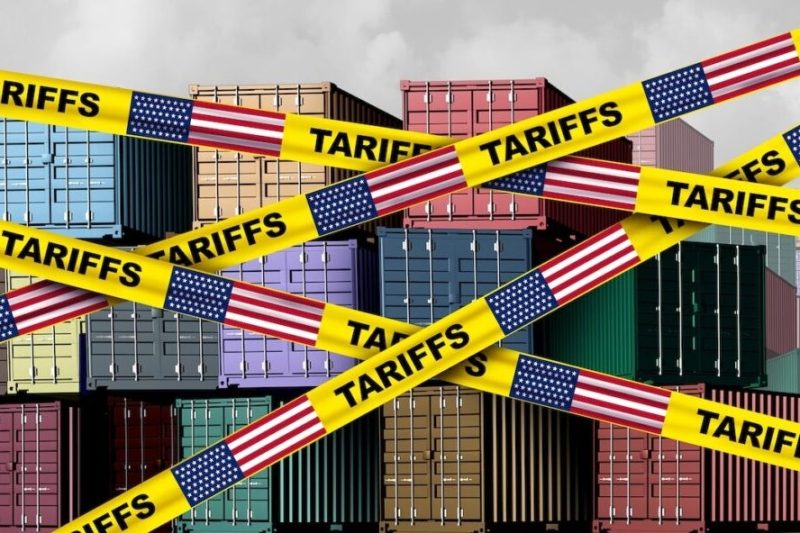
Peter Schiff, the renowned economist, has once again taken aim at Donald Trump’s trade policies, specifically criticizing Trump’s recent suggestion that Walmart should simply ‘eat’ the tariffs imposed during his presidency. Schiff’s argument is simple yet powerful: telling a company to absorb tariff costs is akin to telling them to absorb all their other expenses – rent, wages, insurance, and the rest. This, he argues, is economically unsound and ignores the fundamental mechanism by which tariffs work.
Schiff contends that the stated goal of tariffs – reducing the trade deficit – is only achievable if importers like Walmart raise prices. Higher prices, in turn, would lead consumers to purchase fewer imports, thus shrinking the deficit. This directly contradicts Trump’s suggestion that Walmart should shoulder the burden, leaving consumers unaffected.
This isn’t the first time Schiff has voiced his concerns about Trump’s trade policies. He’s been a consistent critic, warning of the potential for a financial crisis worse than 2008 if these protectionist measures persist. He’s not alone in his assessment; other prominent economists, such as Justin Wolfers, have also described Trump’s approach as fundamentally incoherent, highlighting the internal contradictions within the policy.
Further adding weight to Schiff’s argument is Treasury Secretary Scott Bessent’s statement that Walmart will indeed absorb some of the tariff costs, mirroring its actions during prior inflationary periods. However, this doesn’t negate Schiff’s broader point about the flawed economic logic underlying the initial suggestion.
Walmart’s stock saw a slight increase on Friday following Bessent’s statement, but it’s important to remember that the long-term economic implications of these policies remain a significant concern for many experts. The ongoing debate underscores the complex interplay between trade policy, economic theory, and the impact on major corporations like Walmart.
While Walmart’s strong performance according to Benzinga’s Edge Stock Rankings, scoring high in momentum and quality, provides a short-term positive outlook, the underlying economic realities highlighted by Schiff raise significant questions about the long-term sustainability of such policies. The situation remains fluid and warrants continued observation.










